SUMMARY
This is AI generated summarization, which may have errors. For context, always refer to the full article.
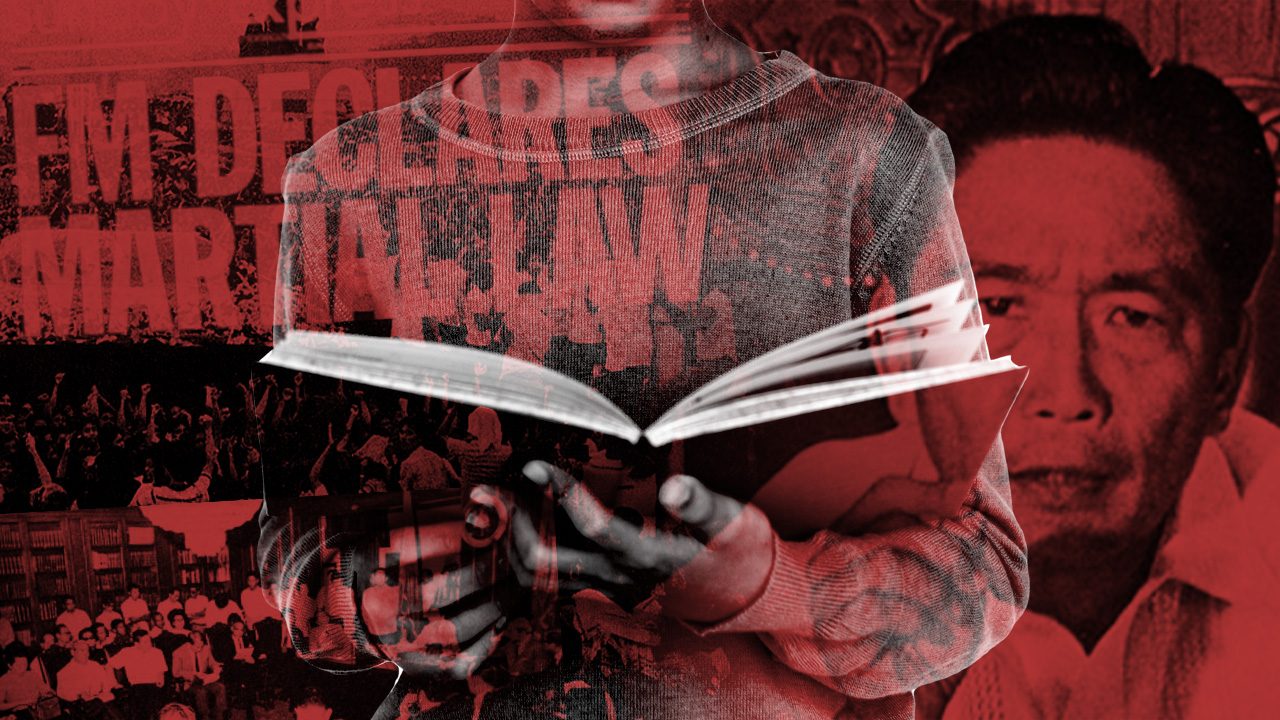
Research from the Far Eastern University Public Policy Center (FPPC), which is part of the #FactsFirstPH initiative, reported that Araling Panlipunan (social studies) textbooks used by Grade 5 and Grade 6 students in the Philippines leave a lot to be desired when it comes to their coverage of the Marcos administration.
A group of historians led by Dr. Maris Diokno observed that the textbooks contain “little to no discussion” about important topics and events during the 20 years that Marcos was in power.
They noted how more pages should be allocated to the late dictator’s rule, considering he is the longest-serving president of the country – not to mention several important events took place when he was in office, including the communist insurgency, the imposition of Martial Law, and the People Power Revolution, among others. The researchers, for example, said there isn’t enough information about the ratification of the 1973 Constitution and government corruption during that period.
Additionally, the textbooks’ authors provide commentaries without substantiating them with any evidence, which can result in students misconstruing opinion statements for facts. They, for instance, wrote that the Philippines saw economic gains under the Marcos administration, but failed to present data to support this claim, the study said.
These gaps in the education system are dangerous because they can impact students’ critical thinking ability, which is perhaps the most essential skill to combat mis- and disinformation.
Studies have shown that engaging in critical thinking involves processing new information by comparing it to “prior knowledge.” And one such way this is demonstrated is through the ability to use what one already knows to spot fake news. However, when that knowledge is distorted, incomplete, or fabricated, as Justin Muyot, professor and consultant at the FPPC explains, it can be difficult for one to distinguish between what’s factual and what’s made up.
“A related challenge we face is the growing reluctance to consider facts,” said Muyot. “In today’s post-truth world, people give less importance to factual truth and rely more on the sentiments of their ‘tribe’ – the community they identify with – as the basis of their opinions.”
Muyot believes that the availability of information online and the democratization of the internet only magnify the aforementioned gaps in the education system. Regardless of where it gets published, online content does not go through an editorial process or review, nor is it scrutinized by experts. It can also be selective of the topics it covers as it’s not necessarily burdened by the responsibility of a comprehensive discussion.
Content only has to pass certain community standards to be published for all to see. This means practically anyone who has access to an internet connection can share information online. And it’s ultimately up to the consumers to use their critical thinking ability to discern the value and truthfulness of that information.
For this reason, the researchers believe that the classroom is a key battleground in the fight against fake news. It’s the most ideal place where students can get verified information, which builds their knowledge. Also, it’s where they can learn to judge information themselves based on context and prior knowledge.
They suggest the Department of Education change the way students are assessed when learning about history.
“Students are typically assessed based on their ability to retain information on key dates, names, and places,” said Muyot. “More attention must be given to the teaching of Araling Panlipunan so that students can develop the critical thinking skills essential in a world where there is a deluge of information.”
Teachers can also facilitate discussions where opinions can be shared, giving students a broader understanding of topics.
Muyot further emphasizes that the responsibility of developing critical thinking does not fall on the education sector alone. The media, the private sector, and civil society should also make it easier to locate verified information and spot statements that require judgment.
“As producers, we must hold ourselves accountable to the information we share. The same critical thinking skills that we apply when discerning information can be used when producing information.” – Rappler.com
Add a comment
How does this make you feel?
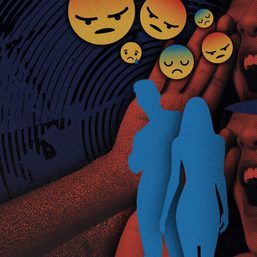
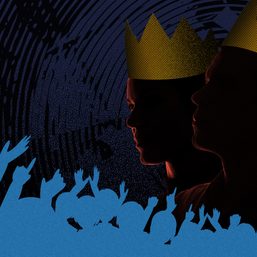
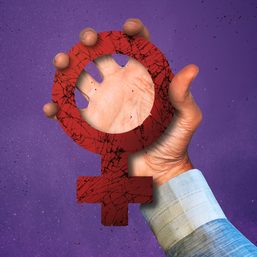
![[ANALYSIS] Cybermisogyny violates human rights](https://www.rappler.com/tachyon/2022/06/Cyber-misogyny-human-rights.jpeg?resize=257%2C257&crop_strategy=attention)
![[ANALYSIS] Building Narratives: stories of greatness and windmills in Marcos Jr.’s campaign video](https://www.rappler.com/tachyon/2022/05/Narratives-marcos-windmills-May-18-2022.jpg?resize=257%2C257&crop_strategy=attention)

![[OPINYON] Tungkol sa naging viral na social media conjecture](https://www.rappler.com/tachyon/2024/07/thought-leaders-conjecture-07262024.jpg?resize=257%2C257&crop_strategy=attention)

![[EDITORIAL] Apat na taon na lang Ginoong Marcos, ‘di na puwede ang papetiks-petiks](https://www.rappler.com/tachyon/2024/07/animated-bongbong-marcos-2024-sona-day-carousel.jpg?resize=257%2C257&crop=280px%2C0px%2C720px%2C720px)

![[Closer Look] ‘Join Marcos, avert Duterte’ and the danger of expediency](https://www.rappler.com/tachyon/2024/06/TL-trillanes-duterte-expediency-june-29-2024.jpg?resize=257%2C257&crop_strategy=attention)

![[Newspoint] A Freedom Week joke](https://www.rappler.com/tachyon/2024/06/20240614-Filipino-Week-joke-1.jpg?resize=257%2C257&crop_strategy=attention)

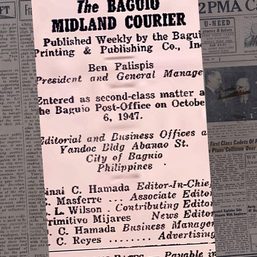
![[DECODED] The Philippines and Brazil have a lot in common. Online toxicity is one.](https://www.rappler.com/tachyon/2024/07/misogyny-tech-carousel-revised-decoded-july-2024.jpg?resize=257%2C257&crop_strategy=attention)




There are no comments yet. Add your comment to start the conversation.